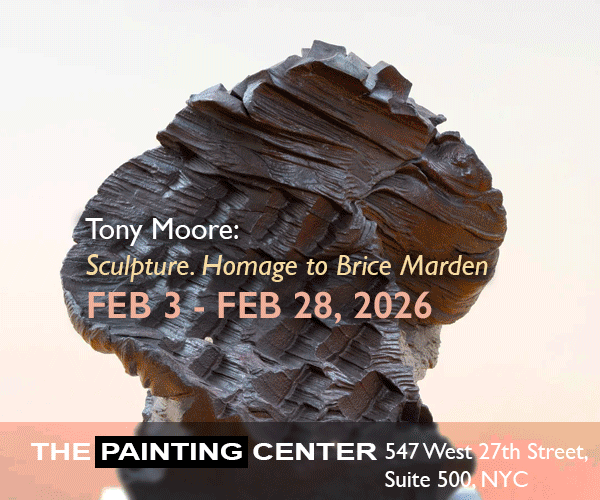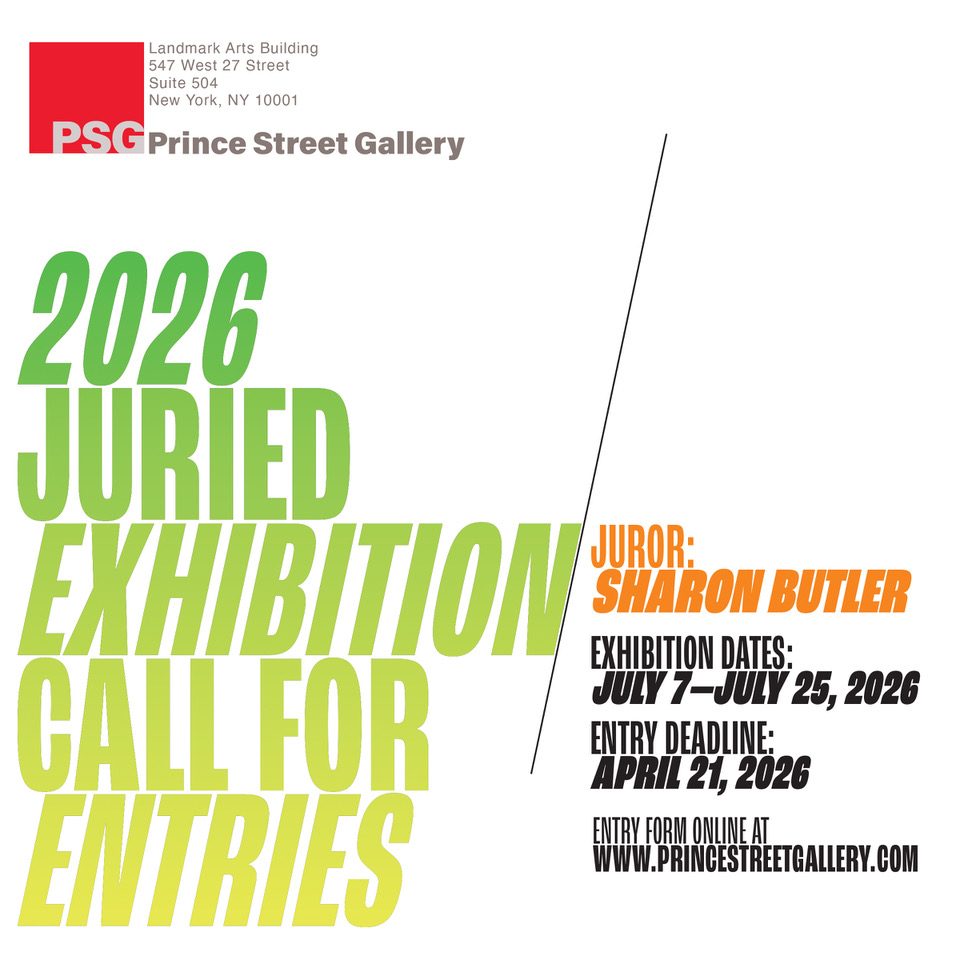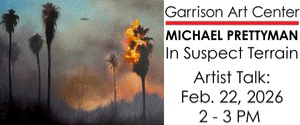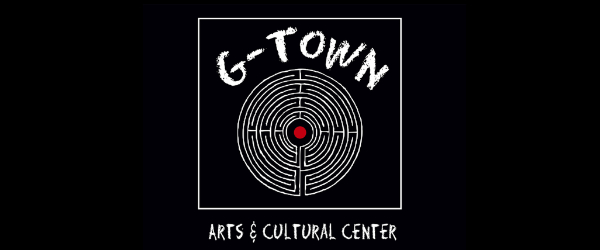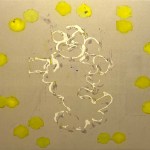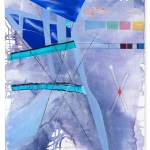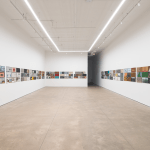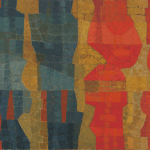The current exhibition at the McMullen Museum of Art reveals Georges Rouault’s keen sense of disjunction, unintended consequences, and ironic reversals. This irony (a sometimes bitterly satirical one) was often glossed over by a conventional piety that suffused the interpretation and presentation of his work from the time of his death (1958) until the centenary of his birth (1971). Rouault’s world is a tragic comedy of errors, marked by uncertainty and misapprehension. Outward appearances misrepresent and betray deeper realities. Rouault himself summed up this vision most succinctly in several studies entitled (quoting Virgil’s Aeneid), Sunt Lacrymae Rerum. “There are tears (of grief) at the very heart of things.” In the Boston Globe Sebastian Smee reports that Rouault could be repetitive, but “there is more ugliness in his oeuvre than beauty, more soul-cramping constriction than liberating expansion,” and he came out of the show convinced by the “authenticity of Rouault’s vision, and moved both by his tenacity and his genuine originality.”
“Mystic Masque: Semblance and Reality in Georges Rouault, 1871-1958,” organized by Stephen Schloesser. McMullen Museum of Art at Boston College, Chestnut Hill, MA. A fully-illustrated catalogue, edited by Stephen Schloesser, comprises 15 essays based on new research by scholars from a variety of disciplines, including art history, history, theology, and French literature.
Related post:
The “touchingly strange” paintings of Georges Rouault


